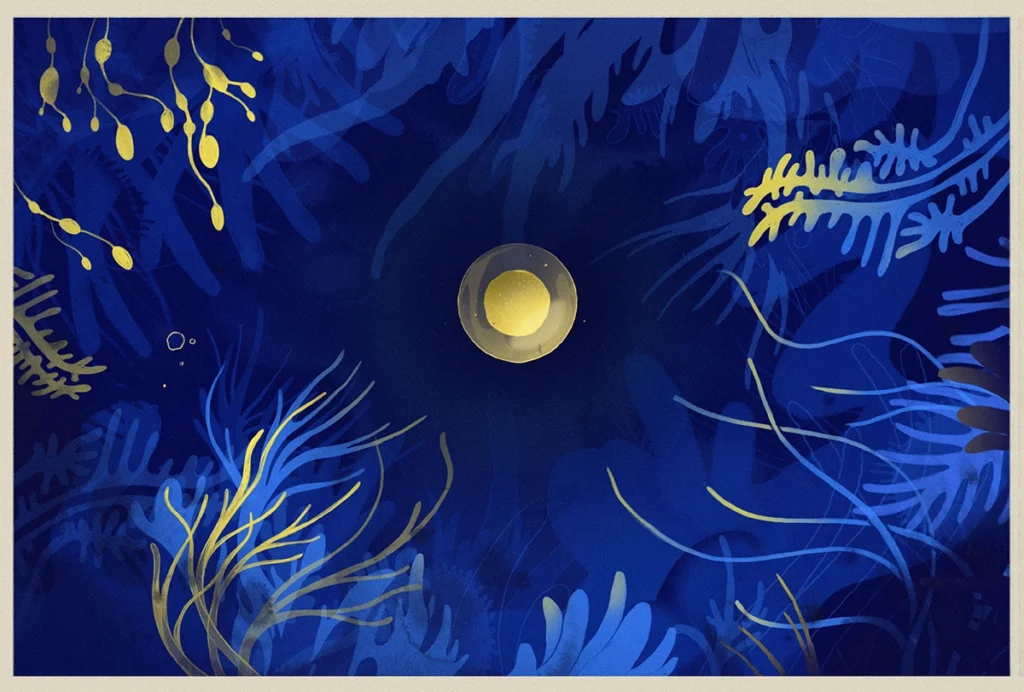Karthik Shekhar is John F. Heil Jr. Professor in the chemical and biomolecular engineering department at the University of California, Berkeley. His laboratory is cross-affiliated with neuroscience, vision science and the Lawrence Berkeley Laboratory. His interests are at the interface of neuroscience, genomics and applied mathematics, and his group uses both experimental and computational approaches to understand how diverse types of neurons in the brain develop and evolve, and how they become selectively vulnerable during diseases. He has received the NIH Pathway to Independence Award, the Hellman Fellowship and the McKnight Fellowship in Neuroscience. He also recently received the Donald E. Noyce Prize for Excellence in Undergraduate Teaching.

Karthik Shekhar
Assistant professor of chemical and biomolecular engineering
University of California, Berkeley
From this contributor
Building a brain: How does it generate its exquisite diversity of cells?
High-throughput technologies have revealed new insights into how the brain develops. But a truly comprehensive map of neurodevelopment requires further advances.

Building a brain: How does it generate its exquisite diversity of cells?
Explore more from The Transmitter
Machine learning spots neural progenitors in adult human brains
But the finding has not settled the long-standing debate over the existence and extent of neurogenesis during adulthood, says Yale University neuroscientist Juan Arellano.

Machine learning spots neural progenitors in adult human brains
But the finding has not settled the long-standing debate over the existence and extent of neurogenesis during adulthood, says Yale University neuroscientist Juan Arellano.
Xiao-Jing Wang outlines the future of theoretical neuroscience
Wang discusses why he decided the time was right for a new theoretical neuroscience textbook and how bifurcation is a key missing concept in neuroscience explanations.
Xiao-Jing Wang outlines the future of theoretical neuroscience
Wang discusses why he decided the time was right for a new theoretical neuroscience textbook and how bifurcation is a key missing concept in neuroscience explanations.
Memory study sparks debate over statistical methods
Critics of a 2024 Nature paper suggest the authors failed to address the risk of false-positive findings. The authors argue more rigorous methods can result in missed leads.

Memory study sparks debate over statistical methods
Critics of a 2024 Nature paper suggest the authors failed to address the risk of false-positive findings. The authors argue more rigorous methods can result in missed leads.